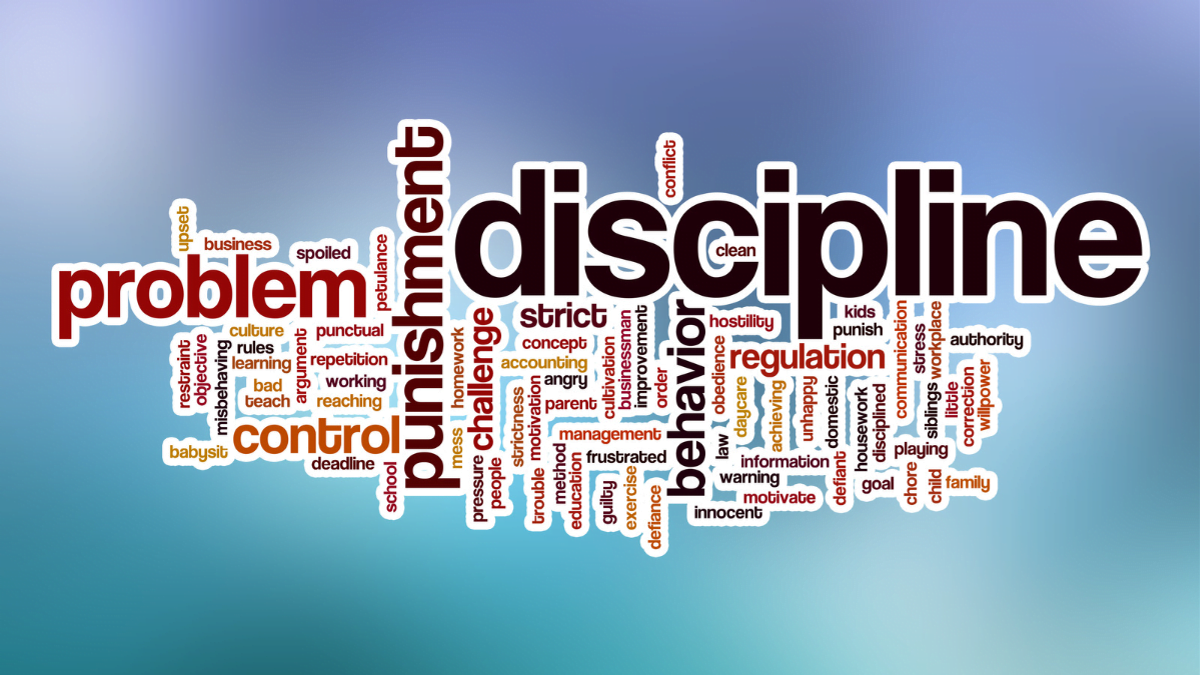Public Discipline: Fostering Order, Responsibility, and Social Cohesion 5 FAQs
Public discipline is an essential aspect of maintaining a well-functioning society. It involves adhering to established rules, regulations, and norms that govern public behavior. Public discipline plays a crucial role in fostering order, responsibility, and social cohesion within communities. In this article, we will explore the meaning of public discipline and its significance in creating harmonious societies. So let’s delve into the realm of public discipline!
Introduction: Public discipline serves as a framework that guides individuals’ behavior and actions within the public sphere. It encompasses adherence to laws, regulations, and social norms that promote a sense of order, responsibility, and respect for others. By upholding public discipline, individuals contribute to the well-being and harmonious functioning of society as a whole.
What is the Meaning of Discipline? 4 Types of Disciplines
Understanding Public Discipline
Public discipline involves following rules and regulations set by governing bodies to maintain order and ensure the safety and well-being of individuals in public spaces. It encompasses various aspects of public life, such as obeying traffic laws, respecting public property, adhering to societal norms, and demonstrating consideration for others. Public discipline is founded on the principle that collective adherence to rules is essential for the greater good of society.
Importance of Public Order
Public discipline is vital for establishing and preserving public order. It creates an environment where individuals can coexist peacefully, knowing that there are rules and consequences in place to deter disruptive or harmful behavior. Public order ensures the safety and security of individuals, facilitates smooth societal functioning, and enables communities to thrive.

Promoting Civic Responsibility
Public discipline promotes civic responsibility, encouraging individuals to actively engage in their communities and contribute positively. It involves fulfilling duties as responsible citizens, such as voting, respecting public spaces, participating in community initiatives, and upholding the rights of others. By embracing civic responsibility, individuals become active contributors to the betterment of society.
Fostering Social Cohesion
Public discipline plays a crucial role in fostering social cohesion by promoting a sense of shared responsibility and common values. When individuals adhere to rules and regulations, they contribute to the creation of a harmonious and inclusive society. Public discipline fosters a sense of trust, respect, and empathy among community members, strengthening social bonds and promoting collaboration.

Public Discipline in Everyday Life
Public discipline manifests in various aspects of everyday life. It can be observed in actions such as queuing in an orderly manner, properly disposing of waste, using public transportation respectfully, and respecting the rights and boundaries of others. These seemingly small acts of public discipline collectively contribute to a more organized and harmonious society.
The Meaning of Family Discipline: Nurturing Values and Creating Harmonious Relationships
Balancing Discipline and Individual Rights
While public discipline is crucial, it must be balanced with respect for individual rights and freedoms. Societies must strike a balance between maintaining public order and upholding the rights of individuals. Public discipline should be implemented in a way that respects diversity, protects civil liberties, and ensures fairness and justice for all.
Conclusion
Public discipline is a cornerstone of a well-functioning society. It involves adhering to rules, regulations, and societal norms that promote order, responsibility, and social cohesion. By upholding public discipline, individuals contribute to the greater good of society, fostering a harmonious and inclusive environment where everyone can thrive.
FAQs (Frequently Asked Questions)
Q1: Why is public discipline important?
Public discipline is important as it promotes order, ensures public safety, fosters social cohesion, and encourages responsible citizenship.
Public discipline fosters social cohesion by promoting shared values, trust, respect, and empathy among community members.
Q3: What are some examples of public discipline in everyday life?
Examples of public discipline in everyday life include obeying traffic laws, queuing in an orderly manner, respecting public property, and following societal norms.
Q4: How can public discipline be balanced with individual rights?
Public discipline should be implemented in a way that respects individual rights and freedoms, ensuring fairness, justice, and protection of civil liberties.
Q5: What role does civic responsibility play in public discipline?
Civic responsibility is an integral part of public discipline, as it involves actively engaging in the community and fulfilling duties as responsible citizens.
In conclusion, public discipline is vital for maintaining order, promoting responsibility, and fostering social cohesion in society. By adhering to rules, regulations, and societal norms, individuals contribute to a harmonious and inclusive environment where everyone’s rights and well-being are respected. Embracing public discipline allows us to build stronger communities and create a better future for all.

